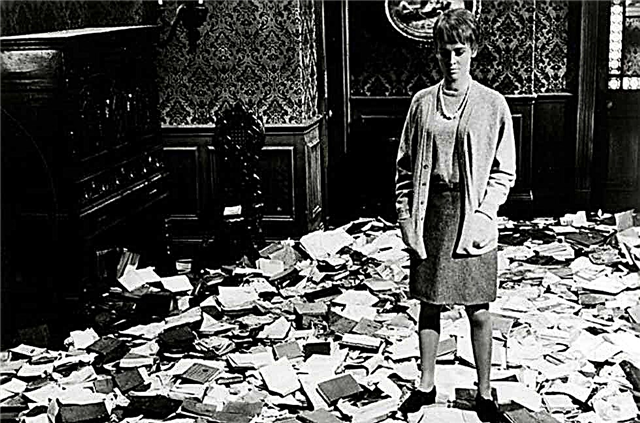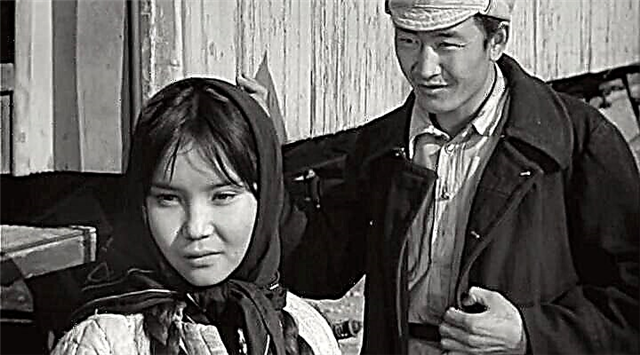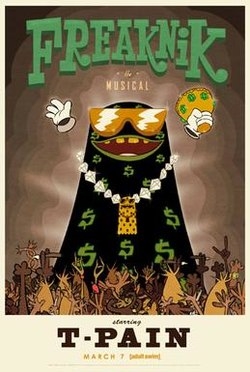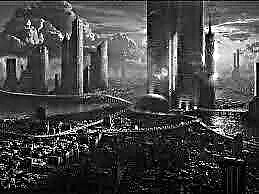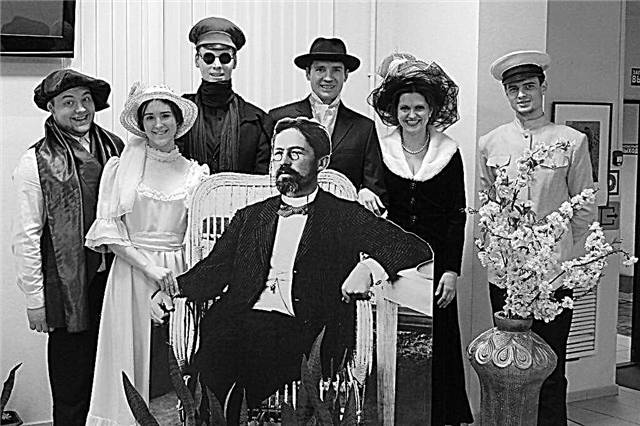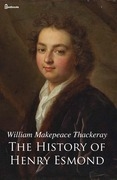(329 words) The play The Storm was written by Alexander Nikolayevich Ostrovsky in 1859. In it, he, among other things, raises the moral problems of a remote province, where the measure of virtue is Domostroy, and hypocrisy replaces true morality.
In the play “Thunderstorm” we see a simple provincial city typical of that time. There are old-timers here who determine moral principles, not only in the city, but also in their own families. However, Kabanikha and Wild are ignorant tyrants, and therefore life under their leadership is not distinguished by integrity. Barbara secretly runs on dates to Kudryash, Katerina cheats on her husband with Boris, Tikhon drinks, but formally everything looks decent, and this is the most important thing. The tyranny of reproaches and rudeness leads people to sin, but Martha Ignatyevna and her ilk are bending their line and do not see decline, since sober minds and progressive trends have nowhere to come from in the lost patriarchal town.
The only person who can oppose this society is the Wild's nephew Boris. If he took his beloved woman with him, despite condemnation and protest, he would save her and himself, and also set an example to the young generation, which is eager to break free from conventions and traditions. This would be highly moral, because their love is mutual and pure. But Katerina’s rebellion ended in tragedy: a beloved person was afraid to take responsibility, Kabanikha persecuted her daughter-in-law, Tikhon did not intercede. Since the heroine is a believing Christian, the whole story that has happened tormented her. She realizes her sin before her husband, before God. In the play we see the tragedy of conscience. She cannot so easily forgive herself for the misconduct that she committed. Katerina’s suicide is a moral result: only she realized the guilt and accepted the punishment for her, and the rest of the heroes continued their vicious life further, not realizing that they too were to blame for the heroine’s fall and death. Even Tikhon does not blame himself, but his mother, even Kuligin complains about the cruelty of people, but can not do anything.
Thunderstorm is a moralizing work. It shows how important it is to “turn on oneself” and not to stamp sentences based on Domostroy. You can judge only yourself, and always will be, for which, because we are all to blame for all, as Dostoevsky wrote.

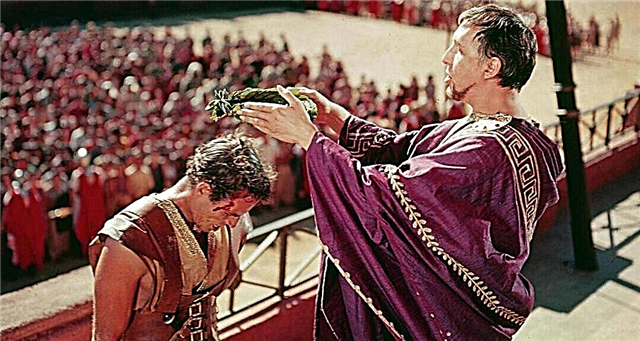 Ben gur
Ben gur